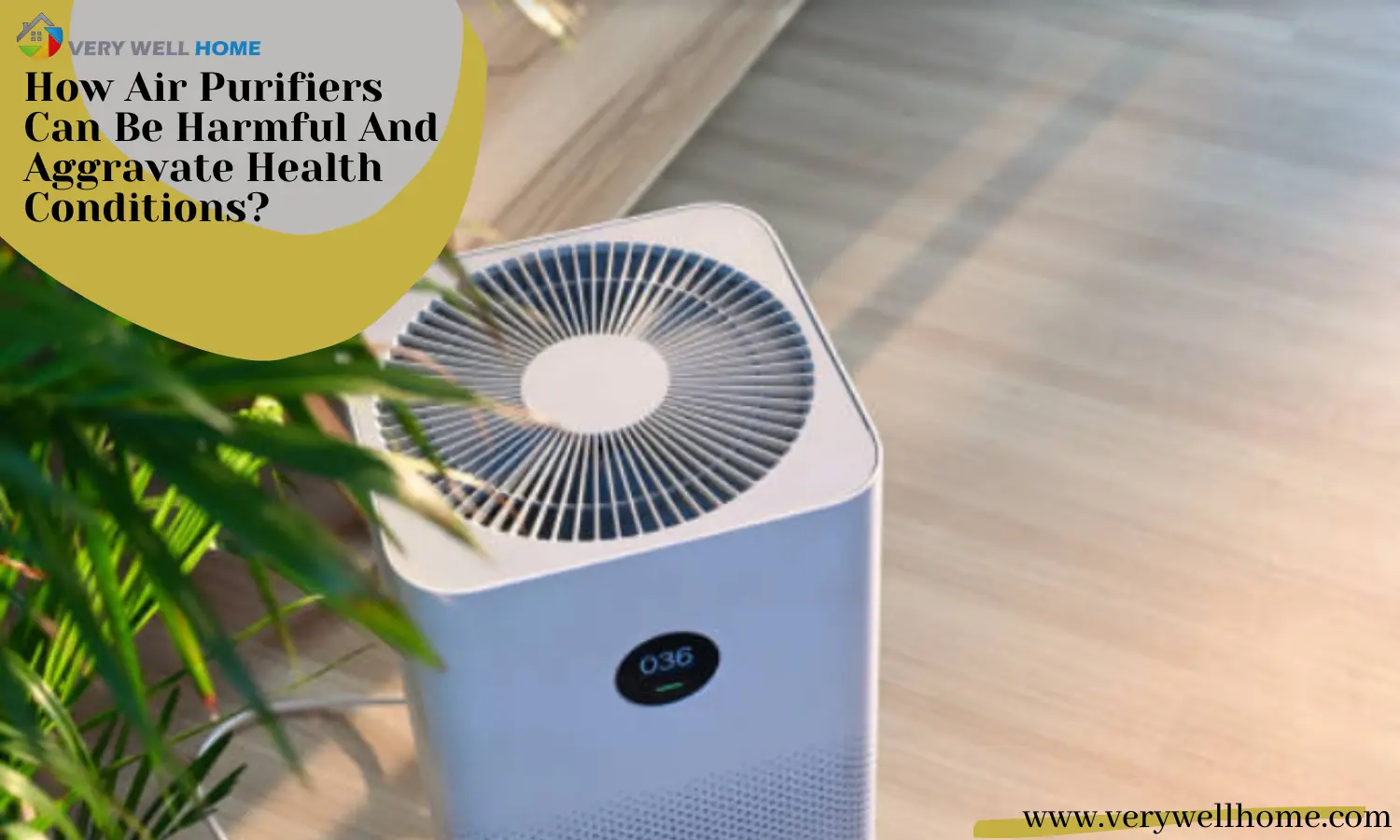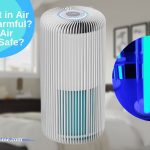Can air purifiers actually be harmful to your health? It seems counterintuitive, but according to recent research, they can. Air purifiers are often marketed as a way to improve your indoor air quality and protect your family from the dangers of pollution. However, in some cases, they can do more harm than good. In this blog post, we’ll look at how air purifiers can aggravate health conditions and explore some of the safer alternatives. Stay tuned!
Related Post: Latest and Best Air Purifiers
Related Post: Best Air Purifier for Mold
Related Post: Can Mold Grow In Freezer or Refrigerator?
How Air Purifiers Can Be Harmful And Aggravate Health Conditions
In recent years, there has been increasing concern about the safety of air purifiers. While these devices are often marketed as a way to improve indoor air quality, some studies have raised questions about their safety. In particular, the Environmental Protection Agency (EPA) has warned that some air purifiers may aggravate respiratory conditions such as asthma and allergies.
Researchers found that children with asthma who used air purifiers were more likely to experience respiratory infections. While more research is needed to understand the long-term effects of air purifiers, these studies suggest that they may not be as beneficial as they are often claimed to be.

Can Air Purifiers Make Breathing Worse?
If you have asthma or another respiratory condition, the last thing you want is for your air purifier to make your breathing worse. Unfortunately, that’s exactly what can happen if you’re not careful. The EPA warns that some air purifiers can actually aggravate respiratory conditions such as asthma and allergies.
So what’s the problem? Well, most air purifiers work by drawing in air from your room and passing it through a filter. However, some of the particles in your air can be too small to be filtered out by the purifier. These particles can then be recirculated back into your room, where they can aggravate your respiratory condition.
To make matters worse, many air purifiers generate ozone, a gas that has been linked to a variety of health problems. When inhaled, ozone can irritate your lungs and throat, and it has been linked to increases in asthma attacks, coughing, and wheezing.
Can Air Purifiers Make Allergies Worse?
If you suffer from allergies, you’re probably already doing everything to avoid your triggers. However, you might not realize that your air purifier could worsen your allergies.
Many air purifiers use HEPA filters to trap allergens such as dust, pollen, and pet dander. Unfortunately, these filters can release small amounts of these allergens back into the air. So if you’re using an air purifier to reduce your allergy symptoms, you might want to think twice.
Is There A Safer Alternative?
If you’re concerned about the potential risks of air purifiers, you may be wondering if there’s a safer alternative. The good news is that there are a variety of ways to improve your indoor air quality without using an air purifier.
One of the simplest and most effective ways to improve your air quality is to ventilate your home. This can be done by opening windows and doors to let fresh air in or by using a fan to circulate the air in your home. You can also use an air conditioner or a dehumidifier to control the temperature and humidity in your home.
Another way to improve your indoor air quality is to remove sources of pollution from your home. This includes things like cigarettes, cleaning products, and perfumes. If you have pets, make sure to keep them clean and groomed to reduce the amount of pet dander in your home. You should also vacuum regularly and dust with a damp cloth to remove pollen, mold, and other allergens from surfaces in your home.
Finally, you can also install an air filtration system. Air filtration systems are designed to remove contaminants from your air, and they can be an effective way to improve your indoor air quality. However, it’s important to choose a system that is right for your home. For example, if you have allergies, you’ll want to choose a system designed to remove allergens from your air.
When it comes to improving your indoor air quality, there are various options to choose from. Air purifiers may be convenient, but they can actually aggravate respiratory conditions. Ventilating your home, removing sources of pollution, and installing an air filtration system are all safer and more effective ways to improve your air quality.
Conclusion
While air purifiers may seem like an excellent way to improve indoor air quality, they can do more harm than good. If you’re considering purchasing an air purifier, be sure to do your research and talk to your doctor about the best ways to improve your indoor air quality.

Danny is a passionate writer who loves to share his knowledge about air purifiers. He’s been writing for 10 years, and he’ll share all that experience with Very Well Home viewers to help you make the best decision when it’s time to buy an appliance!





